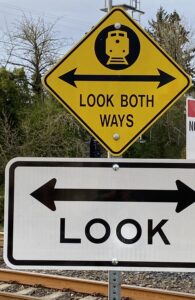Power of Paradox to Challenge Status Quo and Heal
A paradox is a seemingly contradictory thought or statement that runs against our expectations and seems illogical, absurd. However, upon investigation, it appears to be true or at least well-founded.
“In the depth of winter, I finally learned that there was in me an invincible summer.”
Albert Camus
How is this relevant to counseling? First, paradoxes teach us to think; the more flexible and robust our thinking, the better we are equipped to deal with unhealthy thought patterns – and we know that thoughts affect the way we feel. Kierkegaard (a philosopher whose ideas contributed to existential counseling) said, “But one must not think ill of the paradox, for the paradox is the passion of thought, and the thinker without the paradox is like the lover without passion.”
Second, there many types of paradoxical thinking such as tensions. Counseling frequently helps adjust to life’s tensions. For example, each day we live, we also move towards dying and it’s impossible to know victory without knowing defeat or know light without knowing what darkness is.
Often, we feel constricted in our perception of life’s many possibilities (sometimes as a result of trauma) and get frustrated and hopeless. Getting a different perspective from someone else helps us see other choices and expand our tolerance of difficult situations. When we see things as “either or” and apply black-and-white thinking, life becomes overwhelming. When we accept that life is both pain and pleasure, a giving and a taking and that we are both competent and lacking, strong and dependent, etc., we can know hope, and life gets easier.

